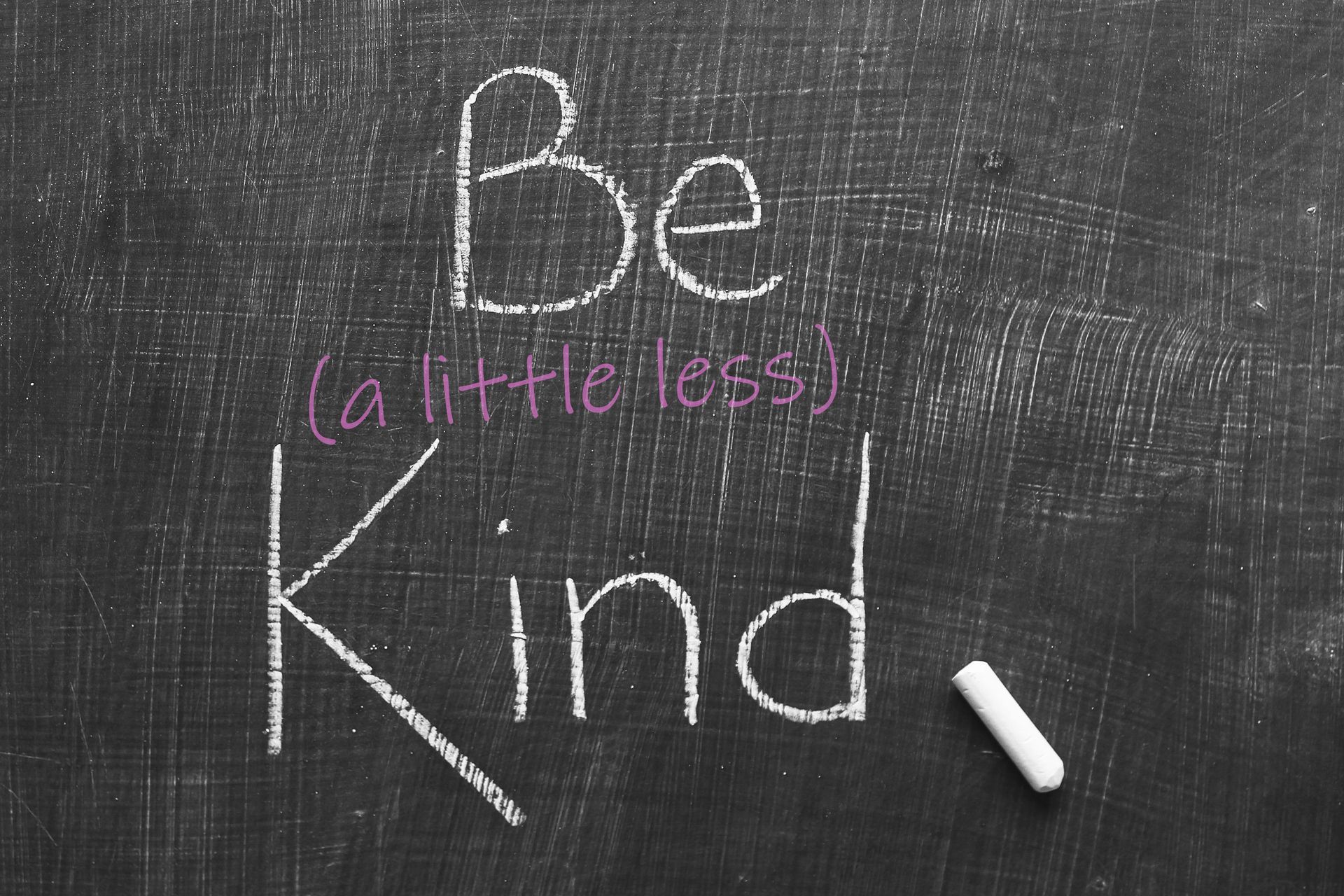The Hidden Price of Being Nice: What AI Token Costs Reveal About the Future of Human Interaction
When OpenAI CEO Sam Altman revealed that polite phrases like “please” and “thank you” cost the company tens of millions of dollars a year in computing time, it made for an amusing headline. The idea that manners could be a line item in a tech budget is funny until you realize it’s also a glimpse into a bigger question: what does kindness cost, and what happens if we decide it’s too expensive?

The Hidden Cost of Kindness
Large language models (LLMs) like ChatGPT are billed by the token - a unit that’s roughly ¾ of a word. “Please” is one token. “Thank you” is two. API customers pay for both input and output tokens, meaning you’re charged not just for what you say to the model, but also for what it says back.
At small scale, this is negligible. But for organizations using AI at mass, it adds up, especially when polite words are repeated in every interaction or stored in long conversation histories that are re-sent with each request.
For example, consider a company operating at scale either a busy customer-service bot, a widely used productivity app, or an internal AI assistant. A volume of 10 million API calls per month - roughly 3 calls per second - is not outlandish in such contexts.
If each interaction adds just 3 politeness tokens (like “please” or “thank you”), that totals 30 million extra tokens every month.
Here’s how that translates into costs with two commonly used models:
- ChatGPT o3 (top-tier reasoning power): about
$2 per million input tokens and $8 per million output tokens
- That translates to roughly $240/month in “niceness” overhead. - GPT‑4o (fast, multimodal, very responsive): around
$3 for input and $10 for output per million tokens
- Courtesy cost lands near $300/month.
So, the cost range for keeping things polite in this scenario? Somewhere between
$240–$300 each month for 10 million polite exchanges.
And that’s before multiplying it across multiple teams, high-end models, or customer-facing applications running 24/7.
What Happens If We Cut the Niceties?
From a budget perspective, trimming these tokens is tempting. In the name of efficiency, organizations could encourage more direct prompts - no greetings, no “thank you,” just raw instructions. The AI doesn’t care if you’re polite, so why pay for it? But here’s the catch: language isn’t just functional, it’s habitual. The way we speak to machines, especially ones we interact with daily, seeps into how we speak to people. If we strip social graces from AI conversations to save money, we risk making brevity and bluntness our default mode.
The Social Shift on the Horizon
As AI becomes more embedded in our lives - handling customer service, managing schedules, even offering companionship - the percentage of our daily “conversations” that happen with machines will only grow. This inevitably means fewer interactions with humans. That has obvious implications: fewer opportunities for empathy, less practice in reading social cues, and potentially, a narrowing of our emotional vocabulary. But there’s a subtler risk too: if most of our communication is with something that doesn’t need or reward kindness, will we simply stop offering it? History gives us hints. Email shortened our greetings. Texting stripped out formalities. Social media compressed dialogue into likes and emojis. Each shift in technology made language more efficient, but often less warm. Removing “please” and “thank you” from AI could be another step down that path.
Why This Matters
Kindness is not an efficiency metric - it’s a social glue. Even if AI doesn’t need it, we might. Those extra tokens could be seen not as wasted compute, but as a small investment in keeping our interactions, digital or otherwise, civil and empathetic. Efficiency and cost savings are important, especially at enterprise scale. But before we decide that manners are expendable, we should ask: if we lose the habit of kindness with machines, how long before we lose it with each other? Maybe the true value of “please” and “thank you” isn’t in what they cost, but in what they preserve. And perhaps we need to work even harder to be intentional with kindness toward one another, to balance out the brevity that comes with AI interactions.

